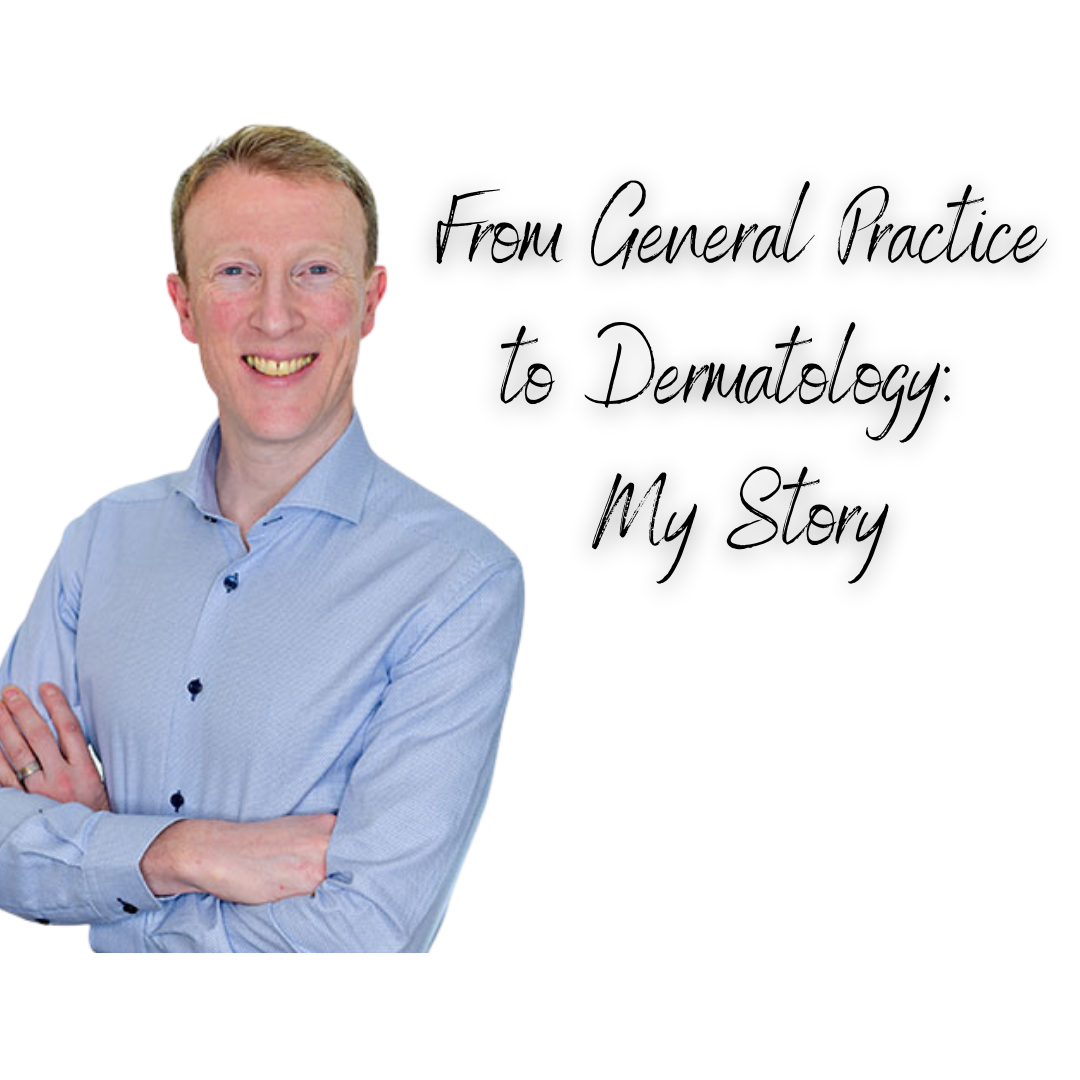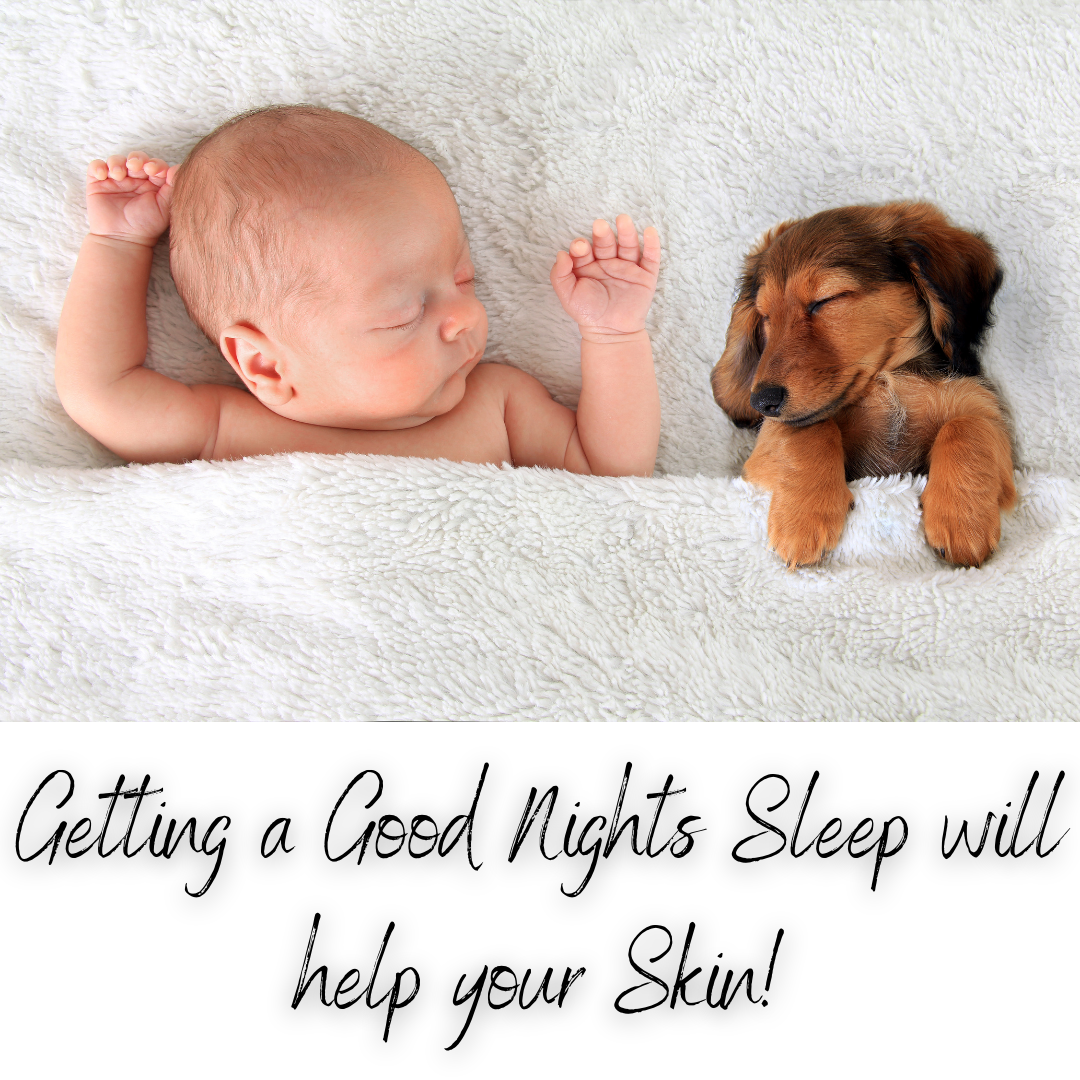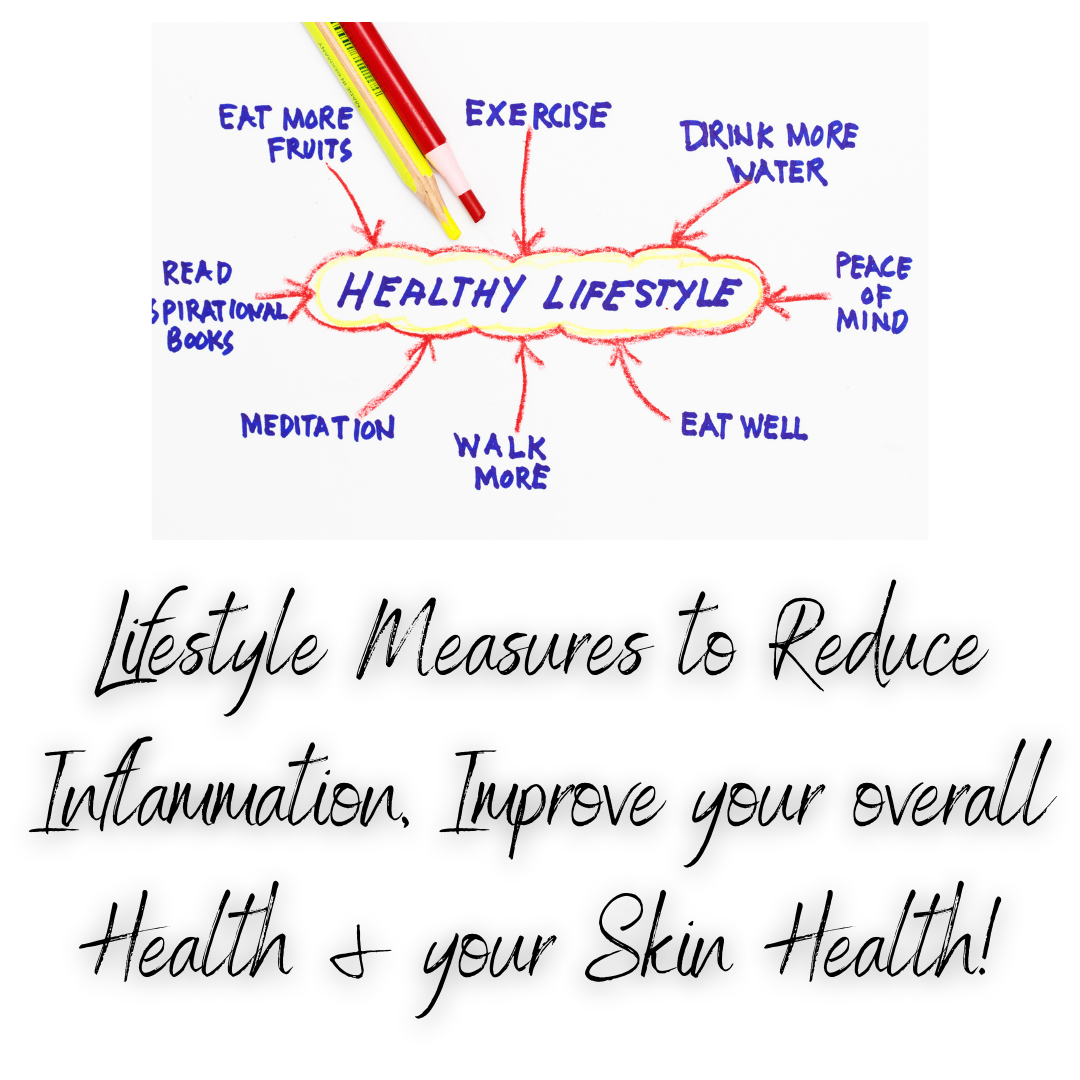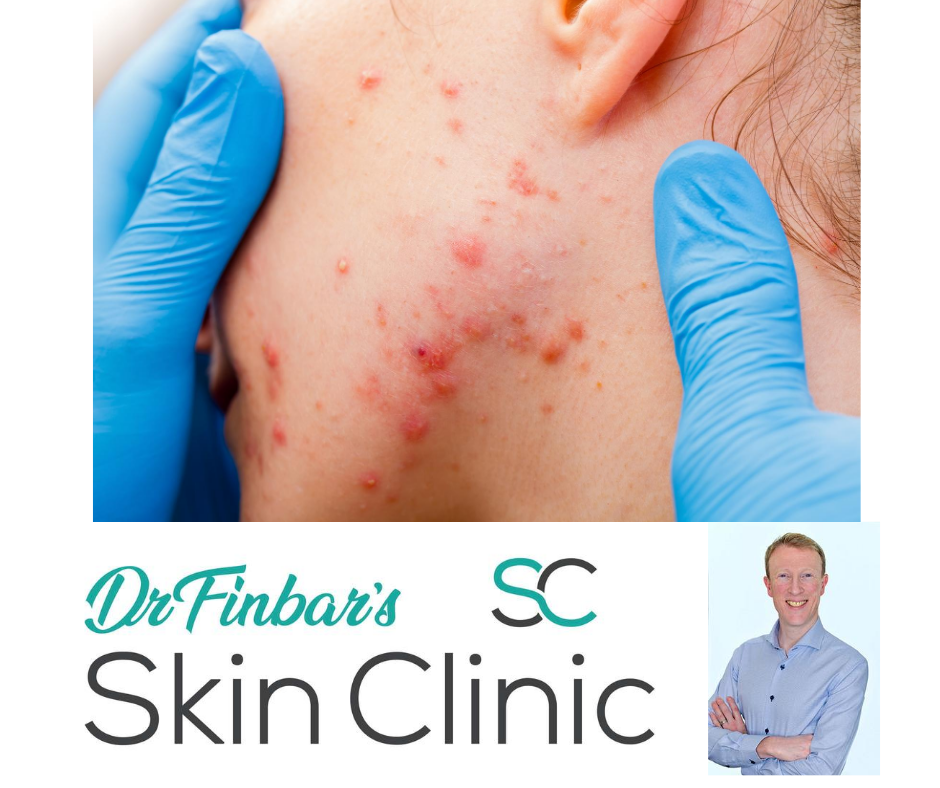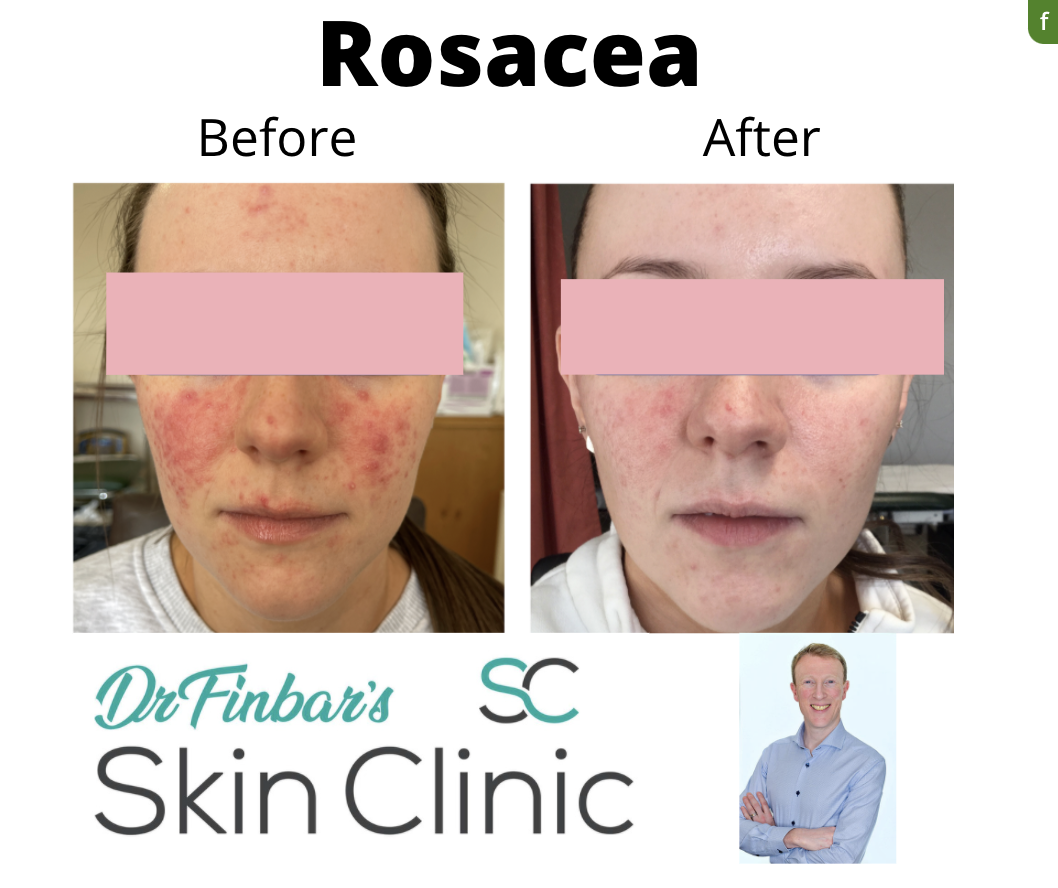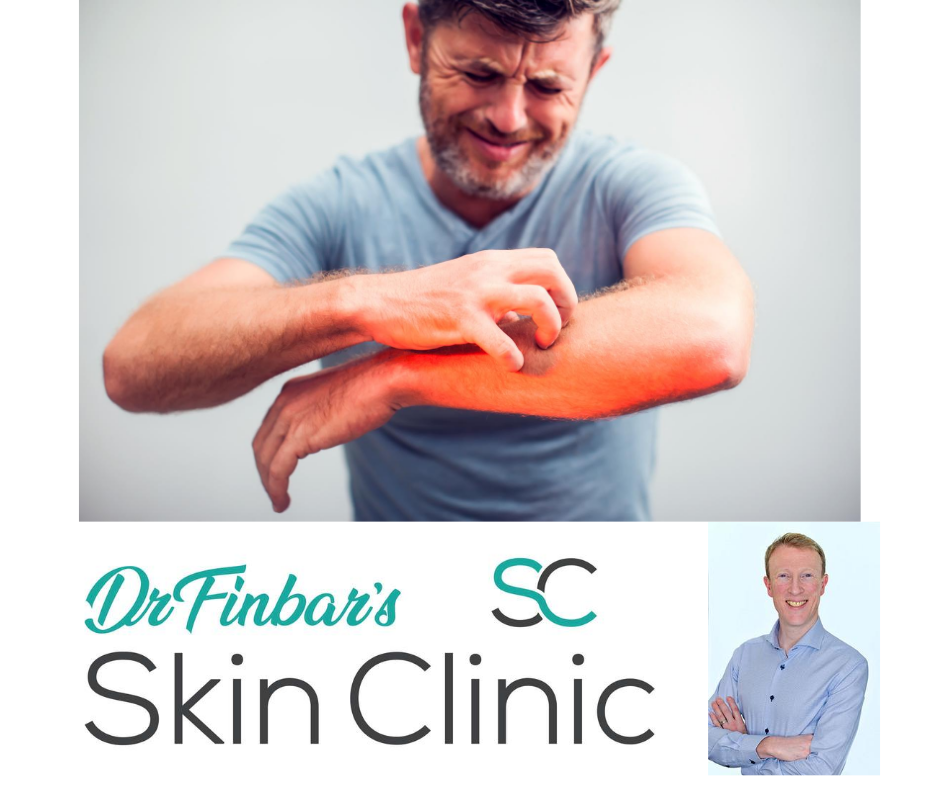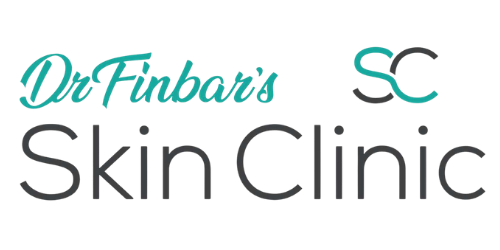UV (Ultra Violet / Sun Protection)
Do Sunscreens Prevent or Cause Cancer?
Whether it’s a conversation online or in the local café, there's a lot of confusion around sunscreen. Does it protect you or harm you? What about vitamin D? And is all that chemical stuff really safe?
I’m Dr. Finbar, a GP with a special interest in dermatology. I’m also someone who loves the outdoors—and I want you to enjoy it too, safely and smartly. In this post, I’ll clear up common myths about sunscreen, explain how it works, and help you make informed choices to protect your skin and your health.
Why Use Sunscreen?
There are two main reasons to use sunscreen regularly:
1. To Prevent Skin Ageing
Sunscreen helps prevent:
-
Pigmentation (age spots or solar lentigines)
-
Fine lines and wrinkles
-
Collagen breakdown that causes sagging
Studies have shown that daily sunscreen use significantly reduces signs of ageing. But here’s the key: you need to use it all year round—even on cloudy days and in winter.
2. To Prevent Skin Cancer
Sunscreen protects you from ultraviolet (UV) radiation, which is a major cause of:
-
Melanoma (the most dangerous skin cancer)
-
Basal cell carcinoma (BCC)
-
Squamous cell carcinoma (SCC)
One recent paper summarised it well: sunscreen use is crucial in reducing the risk of skin cancer.
Study link
UVA vs UVB: What’s the Difference?
Understanding UV rays helps make sense of why protection is important:
| UVB (Burning Rays) | UVA (Ageing Rays) |
|---|---|
| Causes sunburn | Penetrates deeper into skin |
| Primary cause of skin cancer | Accelerates ageing, wrinkles |
| Most intense from 11am–3pm | Present all day, all year |
| Blocked by glass | Passes through glass and clouds |
You need broad-spectrum sunscreen to block both UVA and UVB. Look for that label next time you shop.
Debunking Sunscreen Myths
❌ “Sunscreen causes cancer.”
This myth gained traction after mouse studies showed hormone disruption with very high doses of a chemical called oxybenzone. But these studies involved applying doses far higher than any human would reasonably use.
👉 You’d need to apply sunscreen all over your body every day for 30 years to reach the same levels used in those studies.
✔ In normal use, the trace amounts absorbed into human skin are extremely low, and there's no evidence they cause harm.
✔ The American Academy of Dermatology continues to support sunscreen as safe and effective.
Link
✅ If you’re still concerned?
Use a mineral sunscreen. These use zinc oxide or titanium dioxide, are not absorbed, and are safe for babies and during pregnancy.
Chemical vs Mineral Sunscreen: What’s the Difference?
| Chemical Sunscreens | Mineral Sunscreens |
|---|---|
| Absorb UV rays and convert to heat | Reflect and absorb UV rays |
| Lightweight and invisible | Thicker, may leave white cast |
| May contain controversial ingredients | Made from zinc oxide or titanium dioxide |
| Examples: avobenzone, oxybenzone | Often labelled “natural” or “physical” |
In truth, both types mainly absorb UV rays, converting them into harmless heat. The choice is yours based on skin sensitivity and personal preference.
But What About Vitamin D?
This is a fair concern—and I hear it often. Here’s the truth:
-
You can get adequate vitamin D from short bursts of sun exposure—about 15 minutes, a few times a week.
-
Sunscreen does not block vitamin D production in most people.
See this summary from the British Association of Dermatologists -
Long sun exposure can actually break down vitamin D in your skin.
Source
Other sources of vitamin D include:
-
Oily fish like salmon
-
Eggs
-
Fortified foods
-
Low-dose supplements (400 IU daily is enough for most people during winter)
💡 Just be careful with high-dose supplements unless medically advised—too much can cause nausea, dehydration, and kidney stones.
More info
Do I Need Sunscreen All Year?
That depends on where you live and your risk factors.
In the UK and Ireland, sunscreen is generally advised from April to September, or whenever the UV Index is 3 or higher. You can check this in most weather apps.
People with higher skin cancer risk (fair skin, history of sunburn or skin cancer, many moles) should consider using sunscreen year-round, even when the UV index seems low.
Smart Sun Protection: More Than Just Sunscreen
Sunscreen is just one part of a complete sun protection plan:
✅ Wear sun-protective clothing
✅ Use sunglasses and hats
✅ Seek shade, especially between 11 am and 3 pm
✅ Avoid tanning beds
✅ Reapply sunscreen every 2 hours, especially after swimming or sweating
In Summary
Sunscreen does not cause cancer—but UV radiation absolutely does. Choosing the right sunscreen, applying it properly, and making it part of a bigger sun safety strategy is one of the simplest ways you can protect your skin.
Mineral or chemical? That’s up to you. Just use one you like enough to wear regularly.
Share this post on:
Copyright © 2023 Dr Finbars' Skin Clinic All rights reserved.
